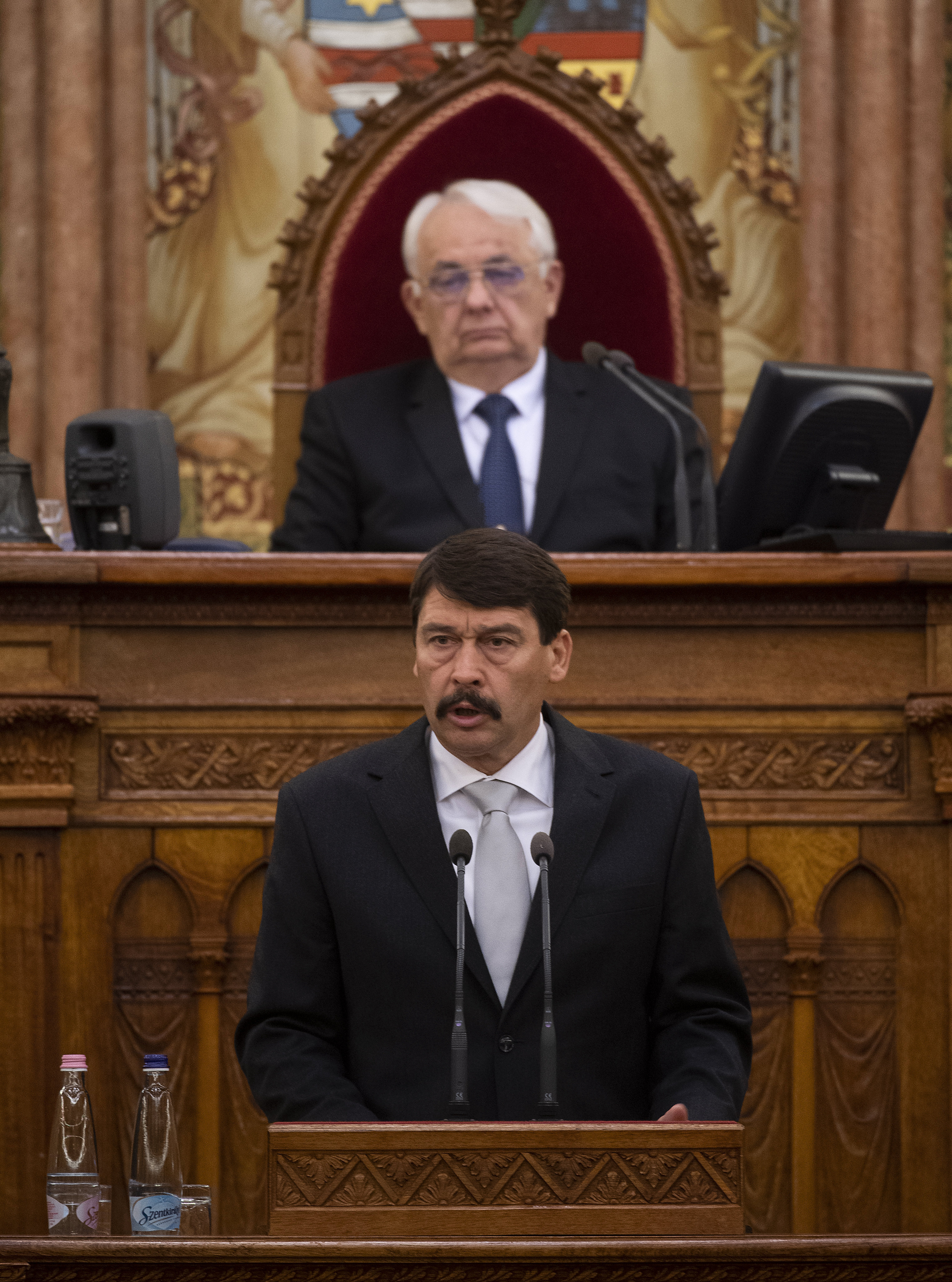 „My feelings toward Hungary were less detached. I confess that I regarded and still regard that Turanian tribe with acute distaste. Like their cousins the Turks, they had destroyed much and created nothing. Budapest was a false city devoid of any autochthonous reality. For centuries the Magyars had oppressed their subject nationalities. The hour of liberation and retribution was at hand.” – wrote British diplomat Harold Nicolson – in 1919 –, who played a major role when the Trianon-borders were drawn.
„My feelings toward Hungary were less detached. I confess that I regarded and still regard that Turanian tribe with acute distaste. Like their cousins the Turks, they had destroyed much and created nothing. Budapest was a false city devoid of any autochthonous reality. For centuries the Magyars had oppressed their subject nationalities. The hour of liberation and retribution was at hand.” – wrote British diplomat Harold Nicolson – in 1919 –, who played a major role when the Trianon-borders were drawn.
My fellow compatriots,
What did this diplomat know about Hungary? About St Stephen founding the state, about the wisdom in our first king’s admonitions, about the valiance of St Ladislaus, about the heroism of János Hunyadi, about the world acclaimed victory at Nándorfehérvár?
What did he know about the Renaissance court of King Matthias, about his library unrivalled in Europe and the codices it contained, about the giants of the reform age, our freedom fight in 1848, or the economic boom, the scientific achievements of the half a century before World War I?
Nicholson knew precious little of all this. Yet – as a diplomat, party to the decision – he still fundamentally influenced the future of Hungarians.
Hungary mourned – on 4 June - one hundred years ago today. Budapest was also draped in black. Flags were flown at half-mast. Newspapers were published with black mourning borders. Most of the shops, schools and offices remained closed. Buses and trams were halted. Bells tolled in the capital and everywhere in Hungary. Hungarians observed five minutes of silence.
Not a single Hungarian could come to terms with the loss, the humiliation, the codified illegality.
You can read the full speech here.






